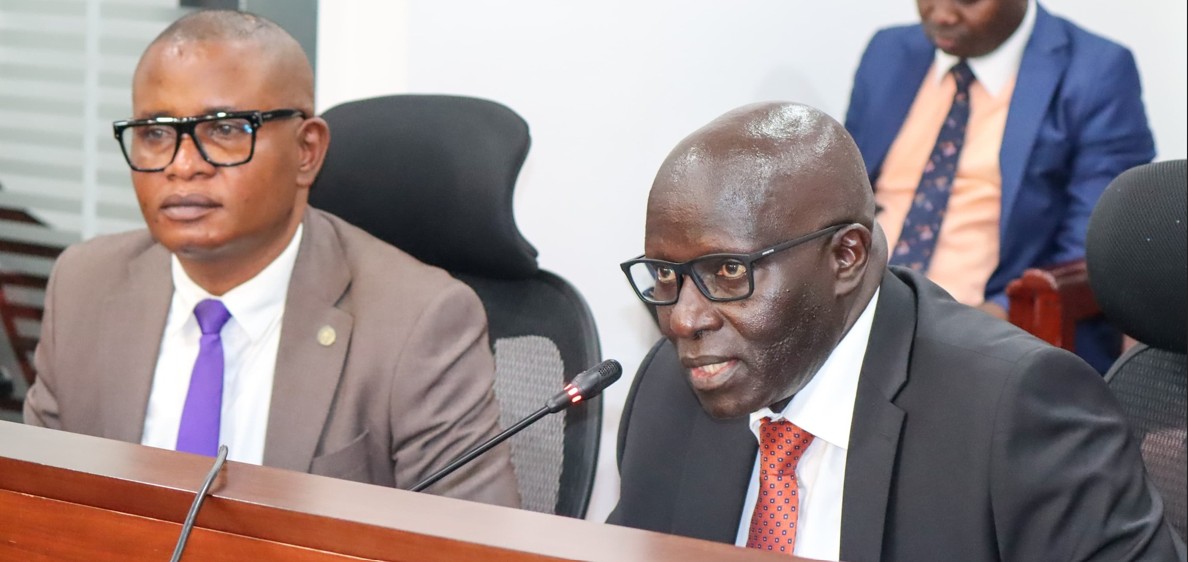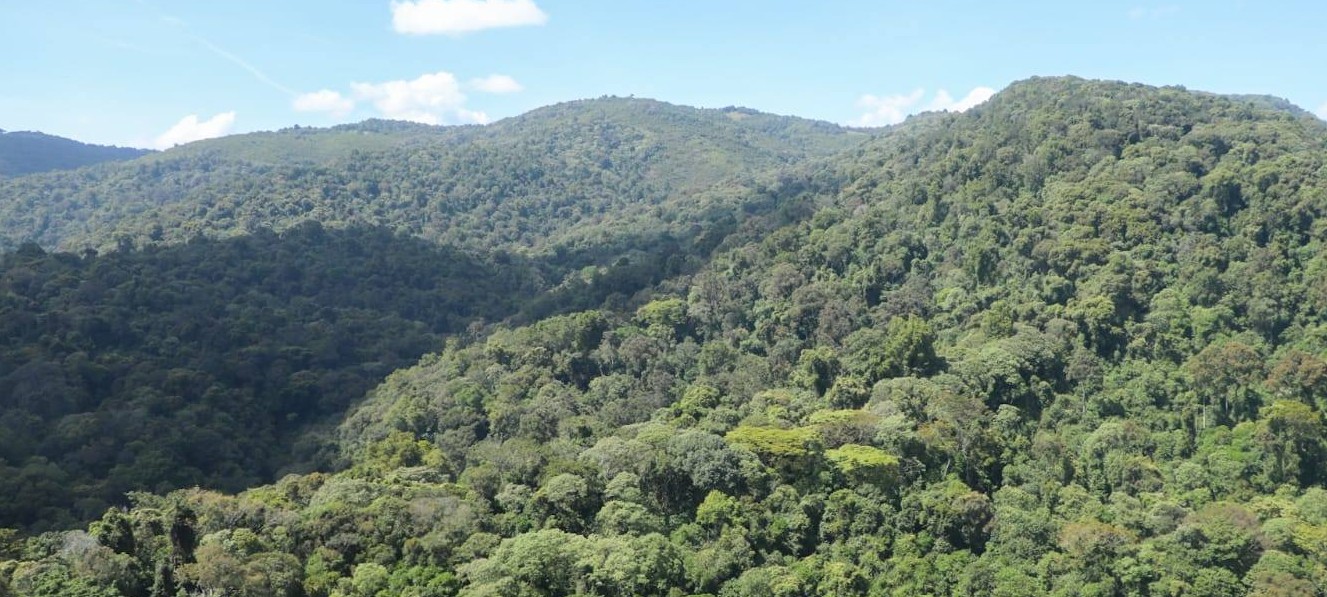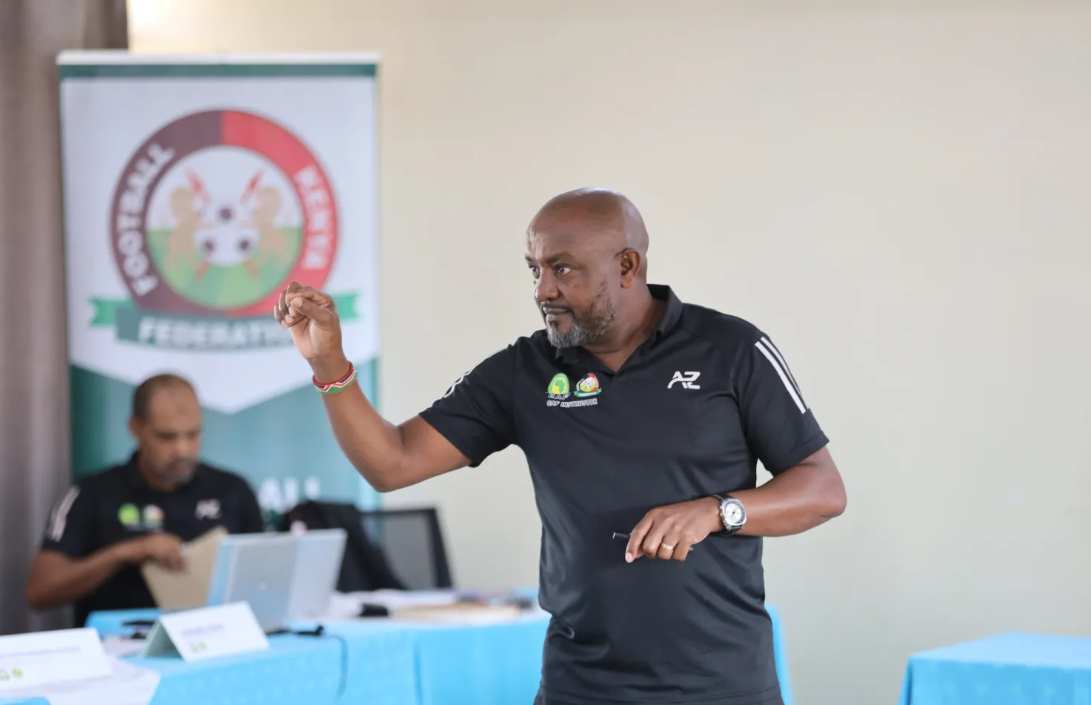Tide of change: Coastal women demand bigger role in blue economy
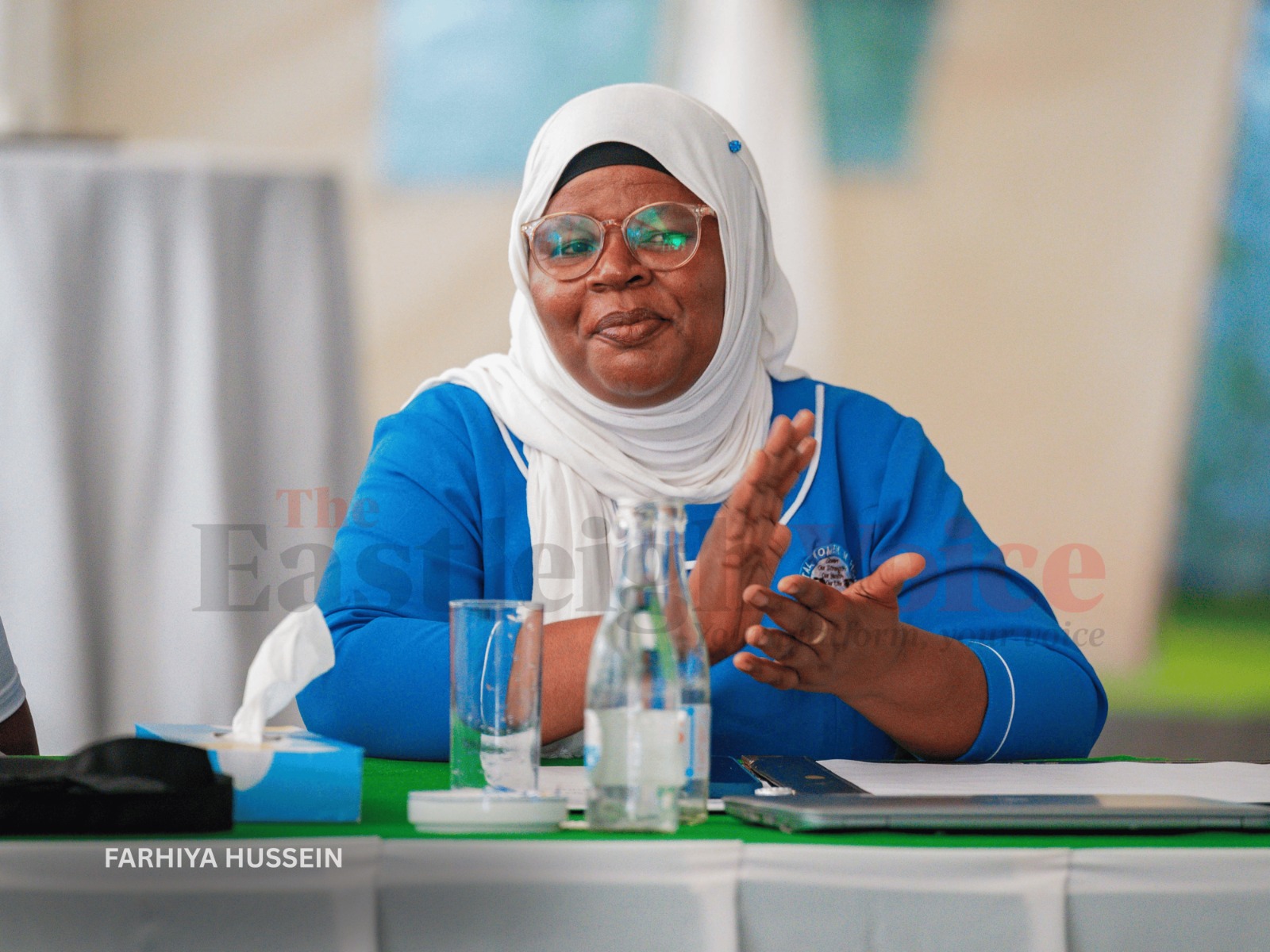
Mercy Mghanga criticised the limited decision-making space granted to women in beach management units (BMUs), saying they often hold positions in name only.
Women leaders at the coast are pressing for stronger representation in the blue economy, calling on both national and county governments to introduce inclusive policies that prioritise women’s participation in marine-based industries.
Speaking in Mombasa during a breakfast roundtable on the sidelines of World Oceans Day celebrations, they highlighted the ongoing challenges women face in the maritime sector, particularly in fisheries and ocean-related trade.
More To Read
- African activists rally and challenge COP30 agenda
- Turkana stakeholders urge reforms to fisheries Bill to protect local fishers and blue economy
- Ethiopia hosting COP32 a ‘win for the Horn of Africa’, IGAD says
- Power utilities raise clean energy investment plans by 26 per cent in major Net Zero push
- Kenya, EU ink Sh4.8 billion deal on environment and climate protection
- Smartphones, women’s rights and coupons: new trends that can boost insurance for African farmers
The founder of Coastal Women in Fisheries Entrepreneurship, Mercy Mghanga, criticised the limited decision-making space granted to women in beach management units (BMUs), saying they often hold positions in name only.
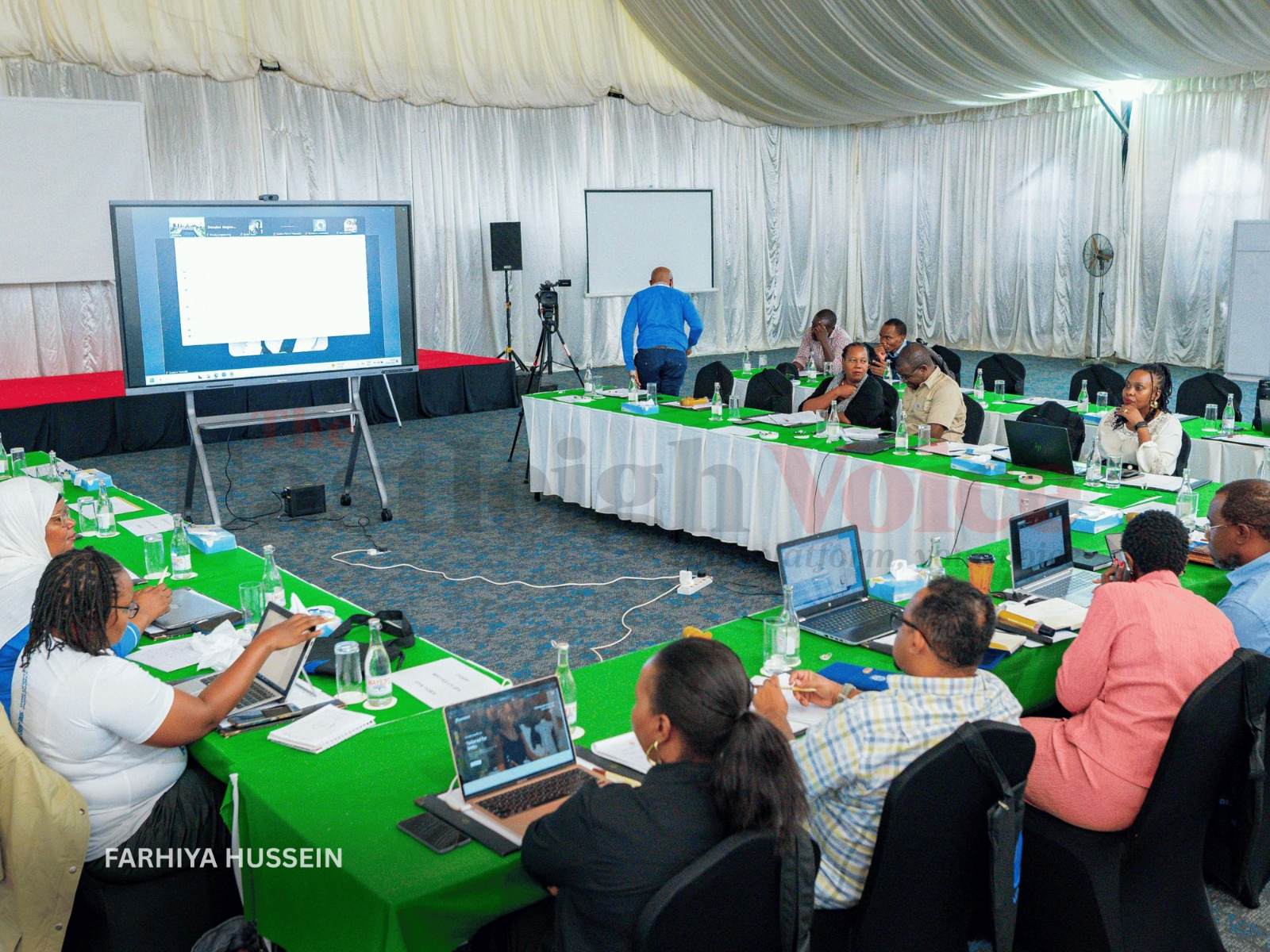 World Oceans Day stakeholder breakfast roundtable in session. (Photo: Farhiya Hussein)
World Oceans Day stakeholder breakfast roundtable in session. (Photo: Farhiya Hussein)
“Women are part of these structures but have no real say. We want to be included in key decisions and given access to the same support systems as men,” said Mghanga.
Mghanga stressed that although many women are deeply involved in the fishing industry, they lack essential equipment and resources to grow their businesses.
“We are not just market women, we are entrepreneurs. With proper support, we can scale up, create employment, and transform our communities,” she added.
Representing the Women and Girls Empowerment CBO, Linda Shuma urged stakeholders to widen their view of the blue economy to include opportunities for youth in areas such as coastal sports, tourism, and maritime careers.
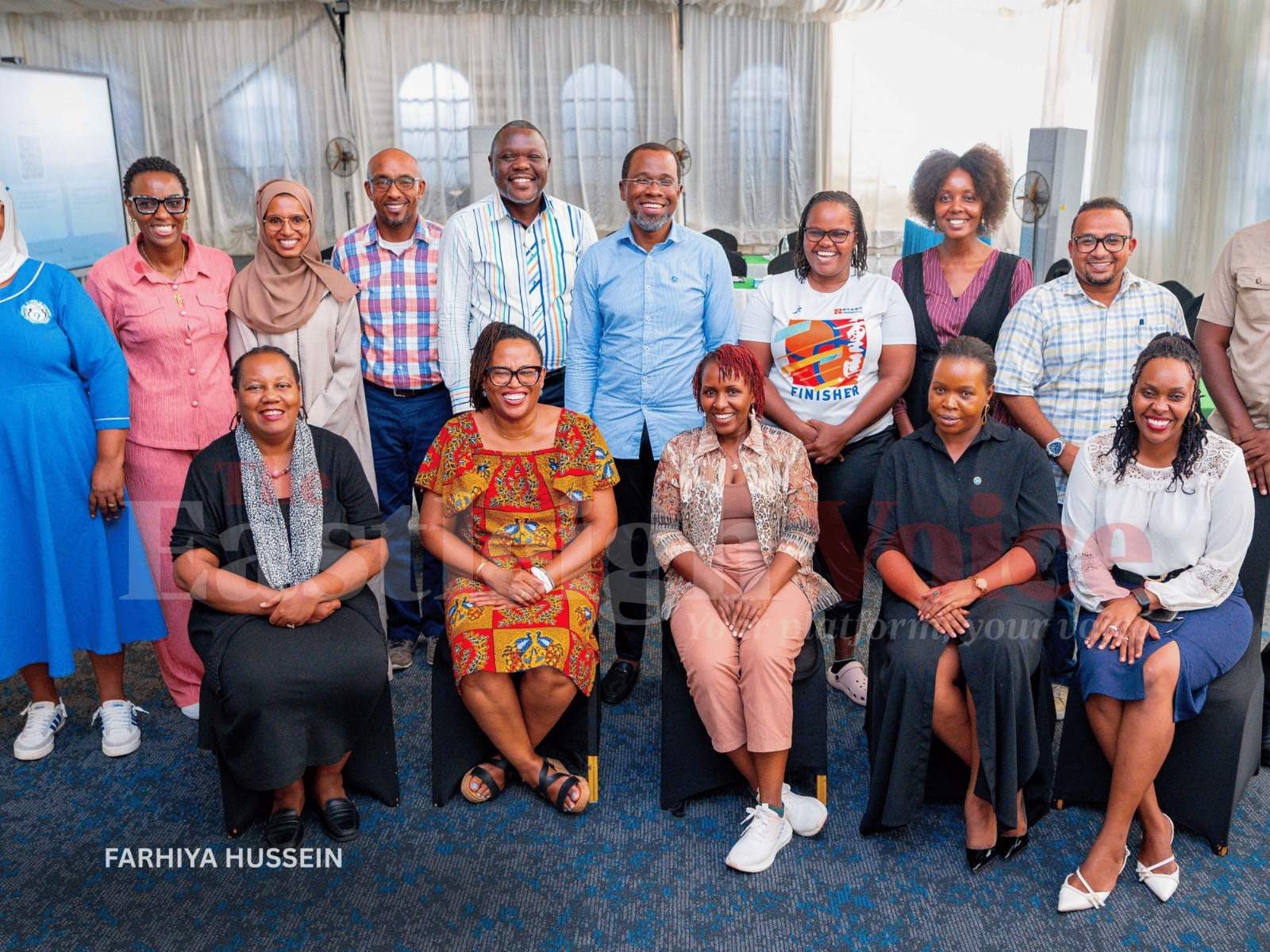 Participants pose for a photo during the World Oceans Day stakeholder breakfast roundtable held in Mombasa. (Photo: Farhiya Hussein)
Participants pose for a photo during the World Oceans Day stakeholder breakfast roundtable held in Mombasa. (Photo: Farhiya Hussein)
“People think the ocean is just for fishing. But where is Kenya in international beach sports like surfing or sailing? These are areas our youth, especially girls, can excel in,” Shuma said.
Shuma challenged gender stereotypes in the sector and called for deliberate efforts to guide young girls into marine careers.
“It’s time we taught our girls that they too can captain ships, become marine engineers, or run successful businesses in this space. The ocean economy belongs to us all,” she stated.
Top Stories Today







